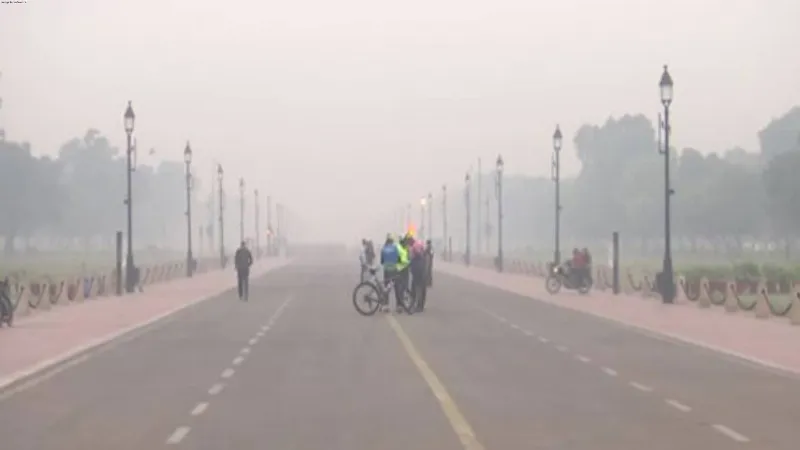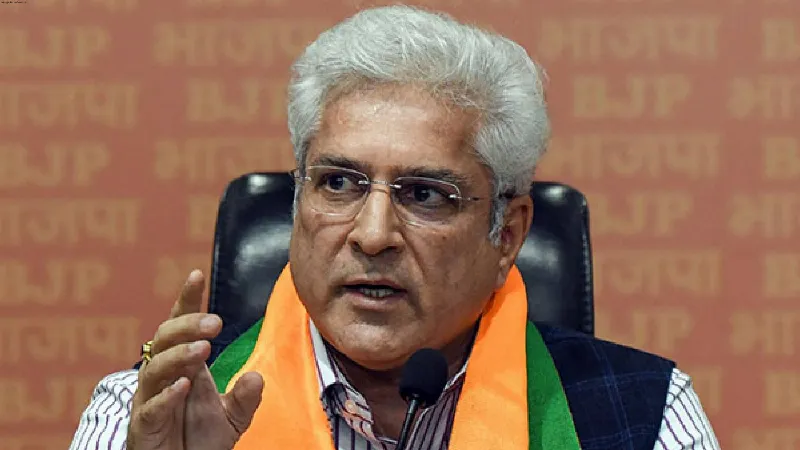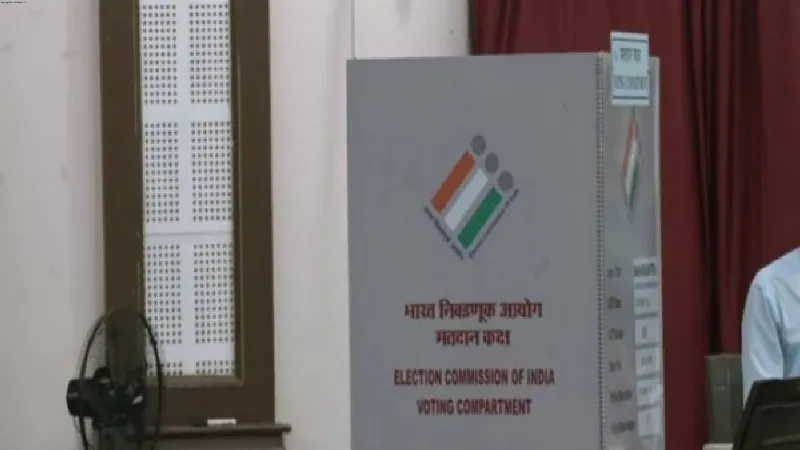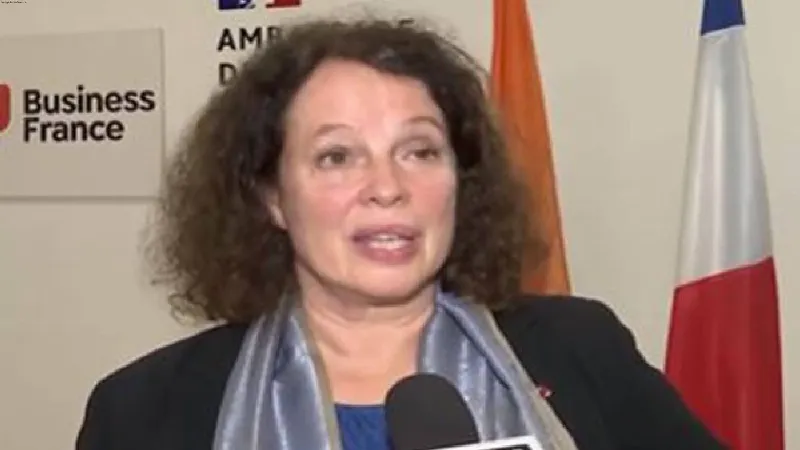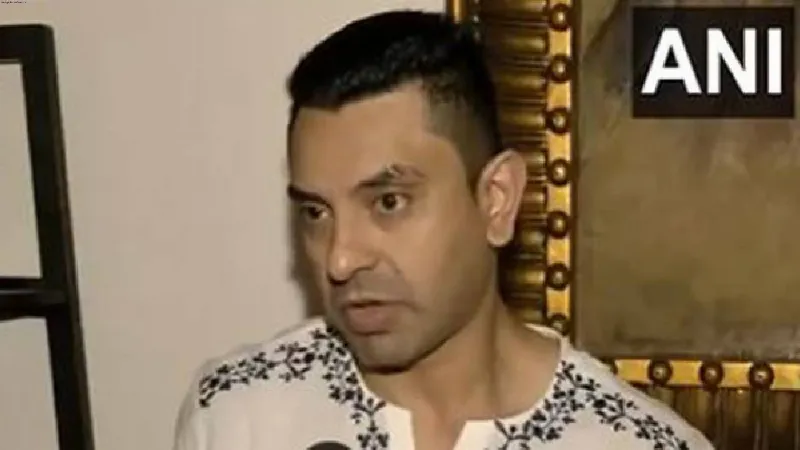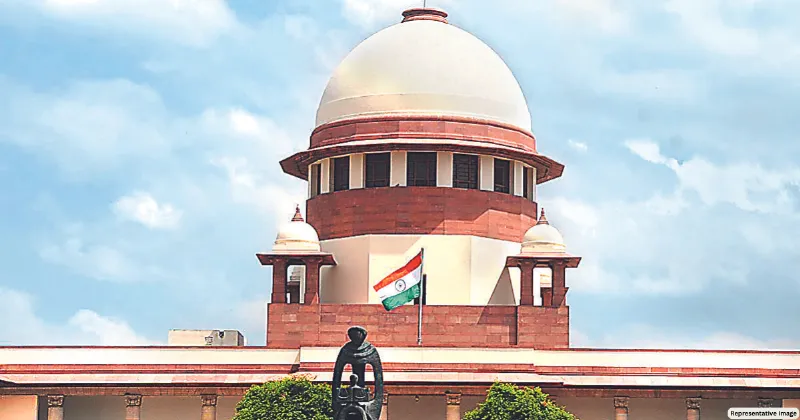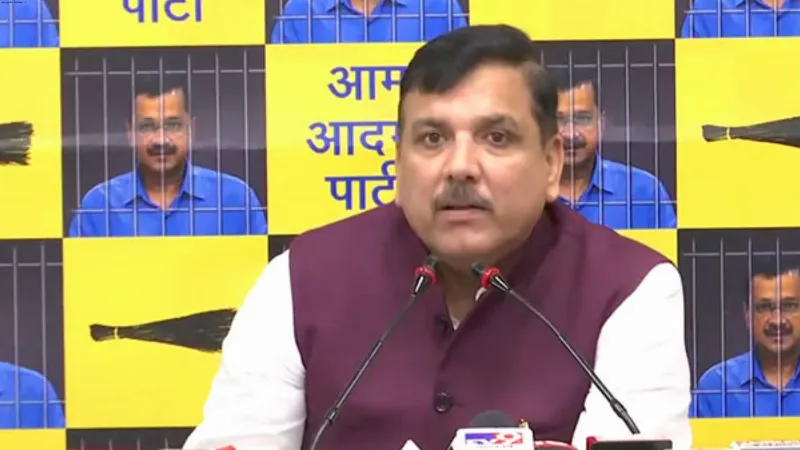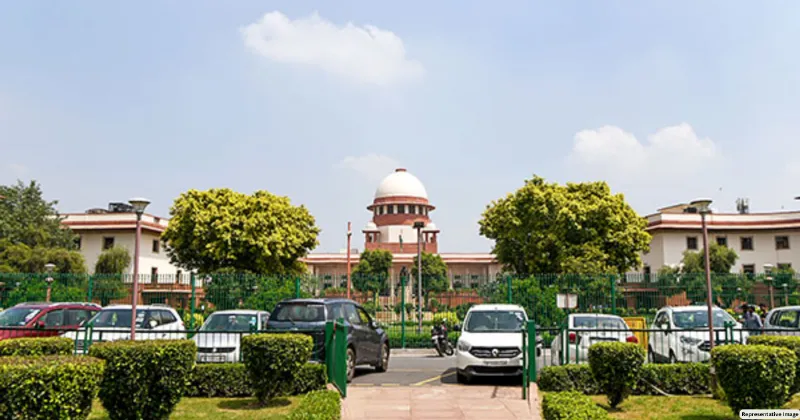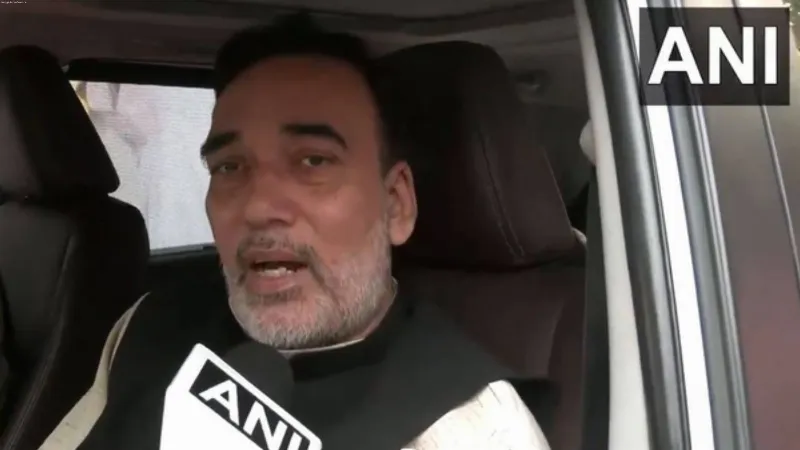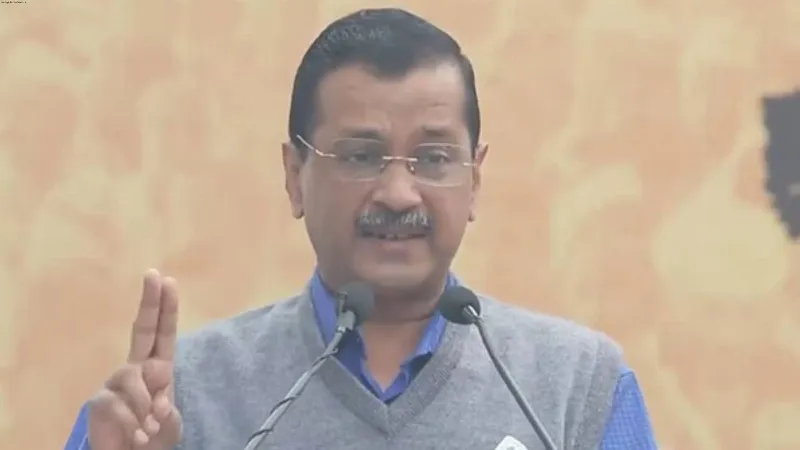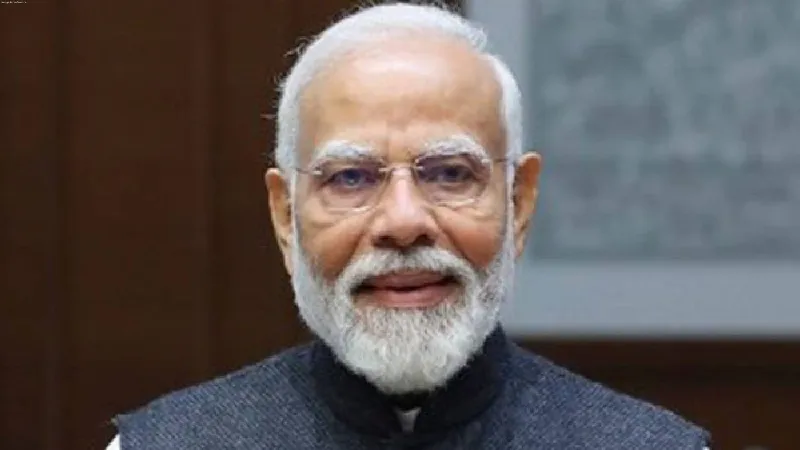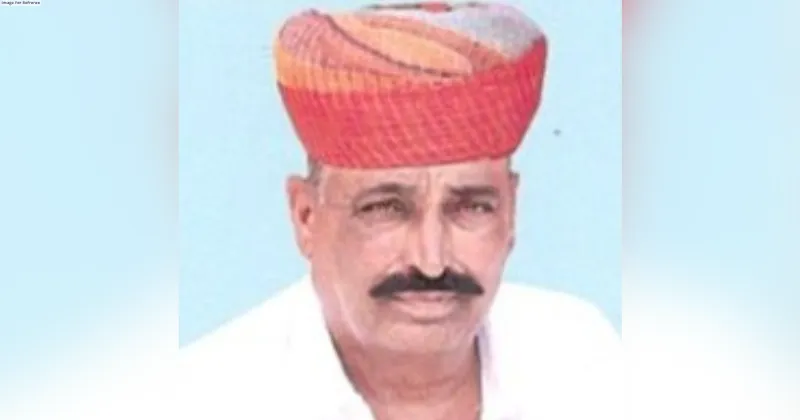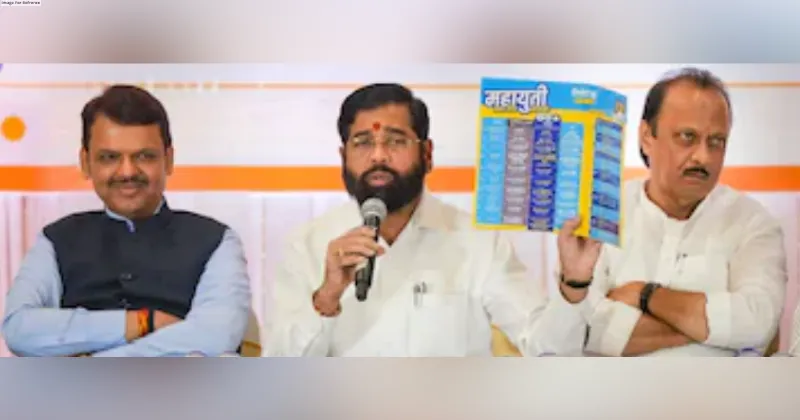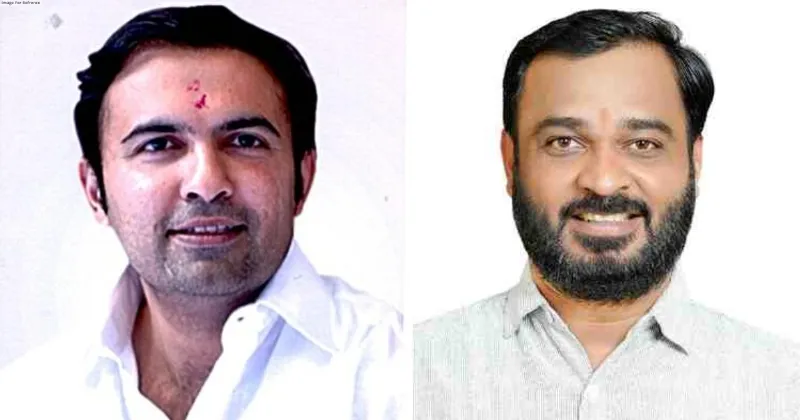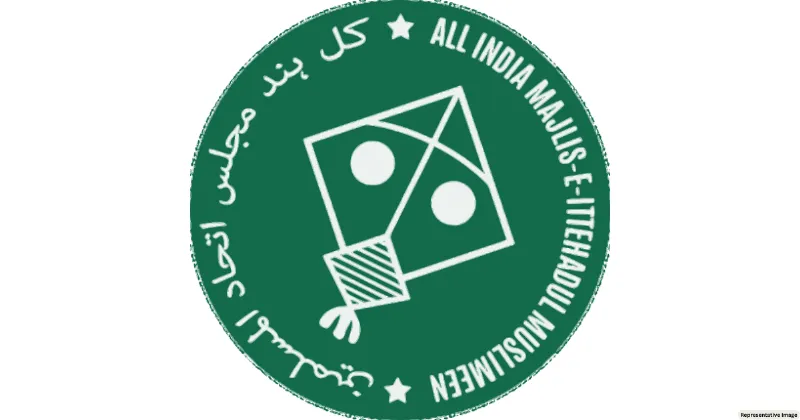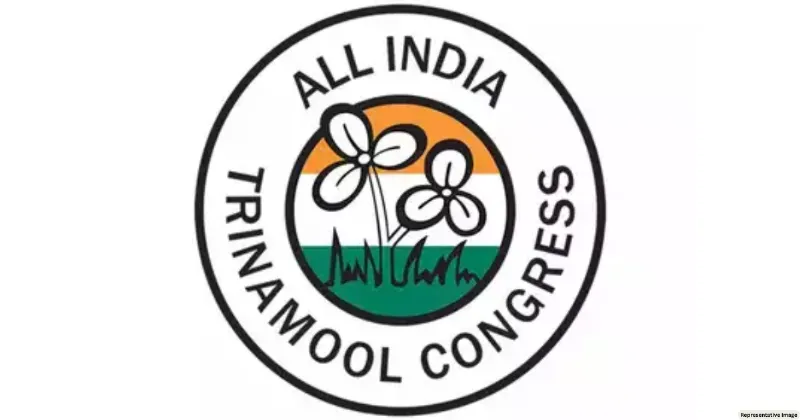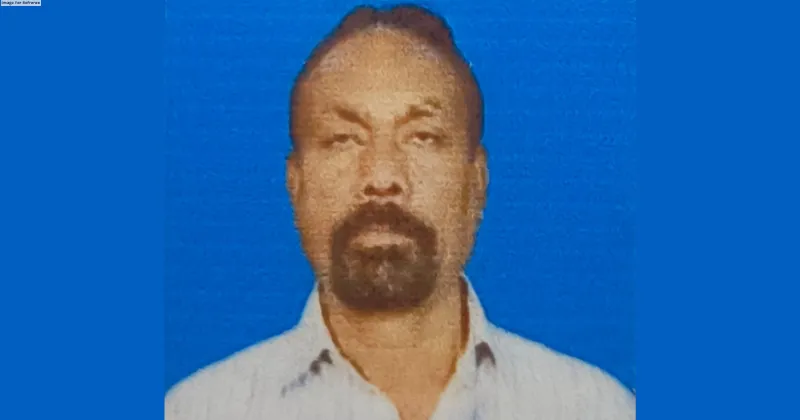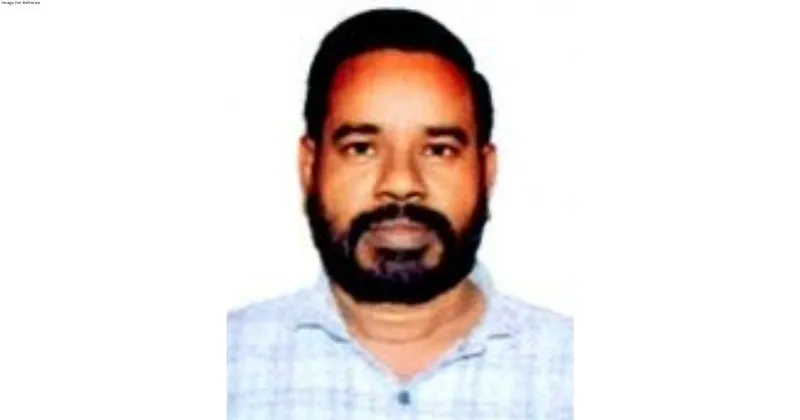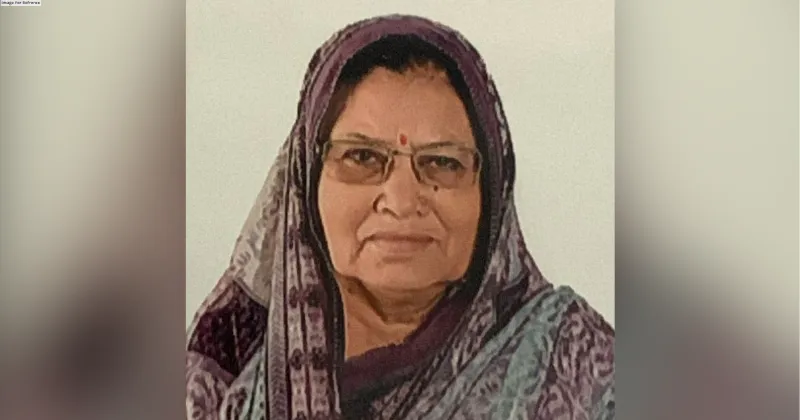Latest News
WHO's ICD-11 incorporates Ayurveda, Siddha, and Unani data, boosting traditional medicine; AYUSH ministry launches module for nationwide integration
.jpg)
New Delhi: With the inclusion of data and terminology relating to diseases based on Ayurveda, Siddha, and Unani systems in the World Health Organization's International Classification of Diseases 11 classification, traditional medicine has received a new boost.
At the launch event, Ministry of AYUSH Secretary Rajesh Kotecha said that this module incorporates Ayurveda, Siddha, and Unani morbidity codes. "This is an ICD11 traditional medicine module. This module incorporates Ayurveda, Siddha, and Unani morbidity codes. This is a diagnostic code... So, this is a standardisation of morbidity codes," Kotecha said while speaking to ANI on Wednesday. The AYUSH Ministry Secretary said that they have been working with the WHO for the last four years and were finally able to get it launched. "I am happy to mention that we were working with the WHO for the last four years and we signed an agreement in February 2020. Now, in less than four years, we are able to get it launched today. WHO is launching this traditional medicine module...," he said. Explaining the significance of the morbidity code, the Secretary said that it would give a unique code for the diagnosis of Ayurveda and the same condition in Siddha, Unani, as well as the allopathic system of medicine.
"The significance is that this morbidity code gives a unique code for each diagnosis of Ayurveda and similar conditions in Siddha and Unani as well as the allopathic system of medicine. It means that by this system, all these practitioners will be able to talk to each other...," Kotecha said.
Kotecha added it will give the scope to document patients on a large scale and generate evidence from them. "It provides a unique opportunity to document the evidence of large-scale patients... That will give us an impetus to generate large-scale evidence," he said. Rajesh Kotecha said that the traditional medicine module will be integrated into all electronic health record systems nationwide. "This will be integrated into all electronic health record systems... We are now launching it nationwide for even the private sector... So, everyone will be using the same diagnostic codes which will help to improve the patient healthcare system, patient delivery system...," he added. Meanwhile, WHO Team Lead, Classifications and Terminologies Unit, Robert Jakob said that having a common framework allows counting diagnoses that come from Siddha, Ayurveda, or Unani and other related medicine streams in a structured fashion. "The international classification of diseases is a global standard that is used in many countries... that serves, essentially, to improve the health of everybody," Robert Jakob said.
"So, having a common framework allows counting diagnoses that come from Siddha, Ayurveda, or Unani and other related medicine streams will allow capturing this information in a structured fashion to systematically inform the information systems relevant for the overall ICD for health management purposes, for investment purposes, and also for gathering evidence in traditional medicine about the potential for improvement of treatments and improving the health of the population...," the WHO Team Lead added. The data and terminology relating to diseases based on Ayurveda, Siddha, and Unani Medicine have been included in the WHO ICD-11 classification. With this effort, the terminology defining diseases in Ayurveda, Unani, and Siddha medicine has been indexed as a code and included in the WHO Disease Classification Series ICD-11, as per a press release from the AYUSH Ministry.
The Ministry of AYUSH, in collaboration with the World Health Organization, has prepared a classification of diseases used in Ayurveda, Siddha, and Unani systems under the TM-2 module of ICD-11 series. A Donor Agreement between the World Health Organization and the Ministry of Ayush was also signed earlier for this classification. This effort will further strengthen and expand India's healthcare delivery system, research, Ayush insurance coverage, research and development, and policy-making system, the release said. Apart from this, these codes can also be used to formulate future strategies to control various diseases in society. Launching the ICD-11, TM Module-2 at the India Habitat Centre, Munjapara Mahendrabhai, Union Minister of State for Ayush and Women and Child Development said that there is a need to modernize Ayush medicine by integrating it with global standards in India as well as across the world. Vaidya Rajesh Kotecha, Secretary (Ayush) said that the Ministry of Ayush will prepare a public health strategy in the future, based on ICD-11, Module 2, and will implement it nationally and internationally. Secretary Ayush gave a detailed presentation on the journey of the preparation of TM Module 2 through a presentation.
The inclusion of traditional medical terminologies in ICD-11 forms a link between traditional medicine and global standards, said Radarico H Ofrin, WHO Representative to India. According to Sameera Asma, Assistant Director-General DDI, WHO, the indexing of disease terminology related to traditional medicine in ICD-11 proves to be a milestone in building a unified global tradition, the release said. Shyama Kuruvilla, Senior Strategic Advisor, WHO joined the event online and said that the inclusion of traditional medical terminology in ICD-11 will further strengthen India's routine health system.
Robert Jacob, Head of the Classification and Terminology Unit, WHO, said that the data listed in ICD-11 will be available for global use.
According to Rudy Eggers, Director of Integrated Health Services, WHO, the inclusion of TM Module 2 in ICD-11 can be seen as a movement along with the global recognition of traditional medicine. The strategy for this was prepared from 2014 to 2023 and the first draft of the WHO strategy for Traditional Medicine for 2025 to 2034 has been prepared. Representatives from member countries of WHO including Brazil, Bangladesh, Malaysia, Mauritius, Sri Lanka, Nepal, Iran and Britain shared their experiences regarding the current status of Traditional Medicine in their respective countries. The event was attended by senior officials of WHO and the Ministry of Ayush, including senior officials of its research councils, national institutes, Chairmen, and concerned Presidents in two commissions, the National Commission for India System of Medicine and the National Commission for Homoeopathy. also present in the deliberations were representatives of WHO Member States and senior officials from the Ministry of Health and Family Welfare, the release added.

